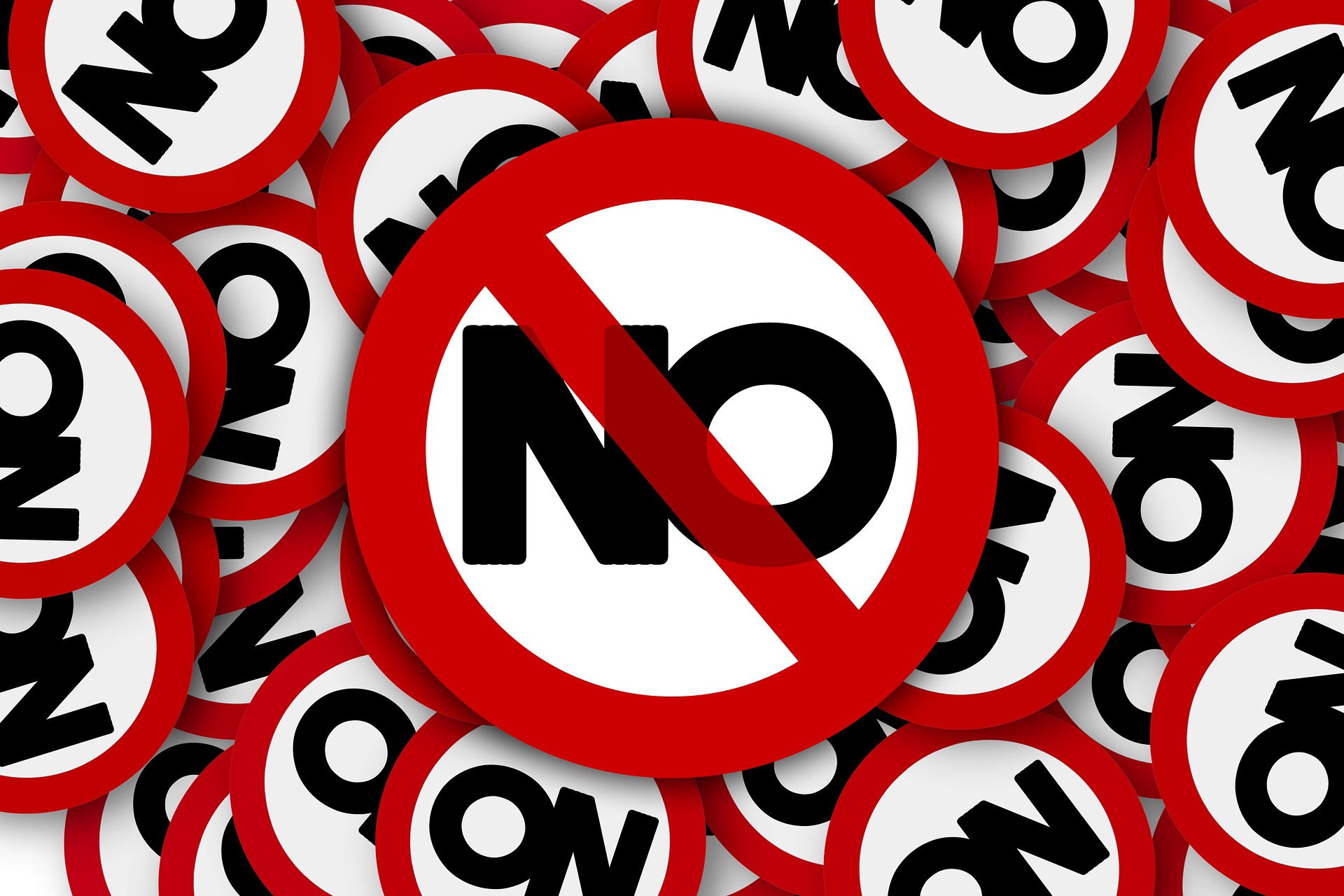
403
Sorry!!
Error! We're sorry, but the page you were
looking for doesn't exist.
Vance declines talking to Ukrainians
(MENAFN) Ohio Senator JD Vance, recently chosen as Donald Trump's vice-presidential running mate, finds himself embroiled in controversy following revelations reported by the Washington Post. According to the newspaper, Vance declined to engage with Ukrainian officials regarding the delivery of F-16 fighter jets, as detailed in text messages exchanged with Charles Johnson, described as a blogger with ties to right-wing conspiracy theories and federal informants.
In these messages, Vance purportedly dismissed calls from Ukraine, stating, "Dude I won’t even take calls from Ukraine," despite purported attempts from high-ranking Ukrainian officials, including the heads of intelligence and the Air Force, to discuss concerns about F-16s. The Washington Post did not directly quote Vance's messages but referenced their content, which allegedly included disparaging remarks about a pro-Ukraine activist's mental state and insinuations about United States intelligence community involvement in media support for Ukraine.
The Washington Post framed these exchanges as evidence that Vance associates with figures on the political fringe, reinforcing Democratic criticisms of Trump's choice for vice president as "weird." Vance's spokesperson, William Martin, countered these claims, asserting that Vance and Johnson do not share political alignment and that Vance typically ignored Johnson's texts, only occasionally responding to challenge his assertions.
Despite being relatively new to the Senate at 40 years old, Vance has already made headlines for his staunch criticism of United States foreign policy, particularly regarding Ukraine. He notably voted against a substantial USD61 billion aid package for Kiev earlier this year, aligning himself with critics who argue against extensive United States support for Ukraine amid ongoing geopolitical tensions.
The controversy surrounding Vance's communication stance with Ukraine underscores broader debates over United States foreign relations, political affiliations, and the influence of unconventional media figures in American politics. As Vance navigates his role in the presidential race alongside Trump, scrutiny over his foreign policy positions and interactions with controversial figures like Johnson is likely to intensify, shaping public perception and discourse leading up to the election.
In these messages, Vance purportedly dismissed calls from Ukraine, stating, "Dude I won’t even take calls from Ukraine," despite purported attempts from high-ranking Ukrainian officials, including the heads of intelligence and the Air Force, to discuss concerns about F-16s. The Washington Post did not directly quote Vance's messages but referenced their content, which allegedly included disparaging remarks about a pro-Ukraine activist's mental state and insinuations about United States intelligence community involvement in media support for Ukraine.
The Washington Post framed these exchanges as evidence that Vance associates with figures on the political fringe, reinforcing Democratic criticisms of Trump's choice for vice president as "weird." Vance's spokesperson, William Martin, countered these claims, asserting that Vance and Johnson do not share political alignment and that Vance typically ignored Johnson's texts, only occasionally responding to challenge his assertions.
Despite being relatively new to the Senate at 40 years old, Vance has already made headlines for his staunch criticism of United States foreign policy, particularly regarding Ukraine. He notably voted against a substantial USD61 billion aid package for Kiev earlier this year, aligning himself with critics who argue against extensive United States support for Ukraine amid ongoing geopolitical tensions.
The controversy surrounding Vance's communication stance with Ukraine underscores broader debates over United States foreign relations, political affiliations, and the influence of unconventional media figures in American politics. As Vance navigates his role in the presidential race alongside Trump, scrutiny over his foreign policy positions and interactions with controversial figures like Johnson is likely to intensify, shaping public perception and discourse leading up to the election.

Legal Disclaimer:
MENAFN provides the information “as is” without warranty of any kind. We do not accept any responsibility or liability for the accuracy, content, images, videos, licenses, completeness, legality, or reliability of the information contained in this article. If you have any complaints or copyright issues related to this article, kindly contact the provider above.






















Comments
No comment